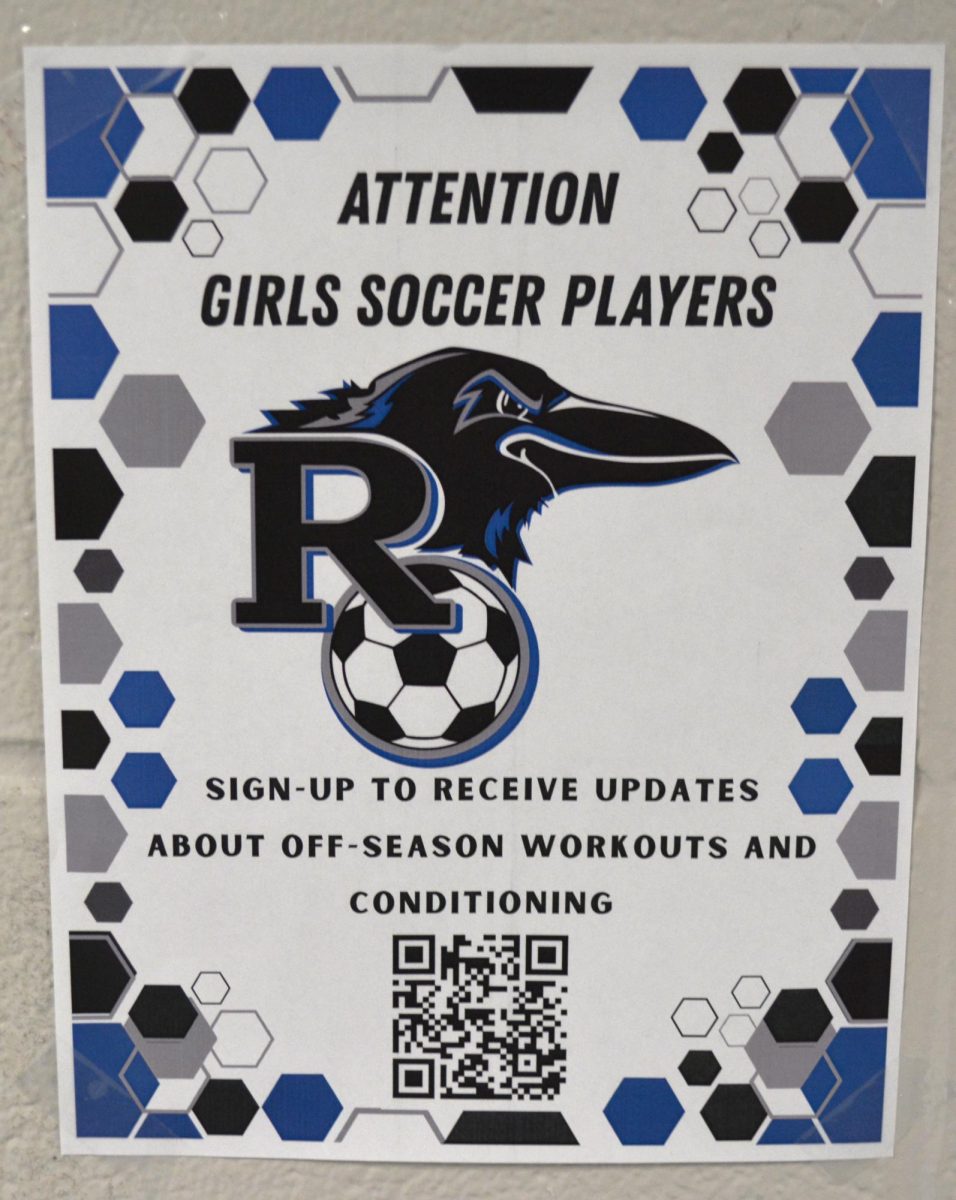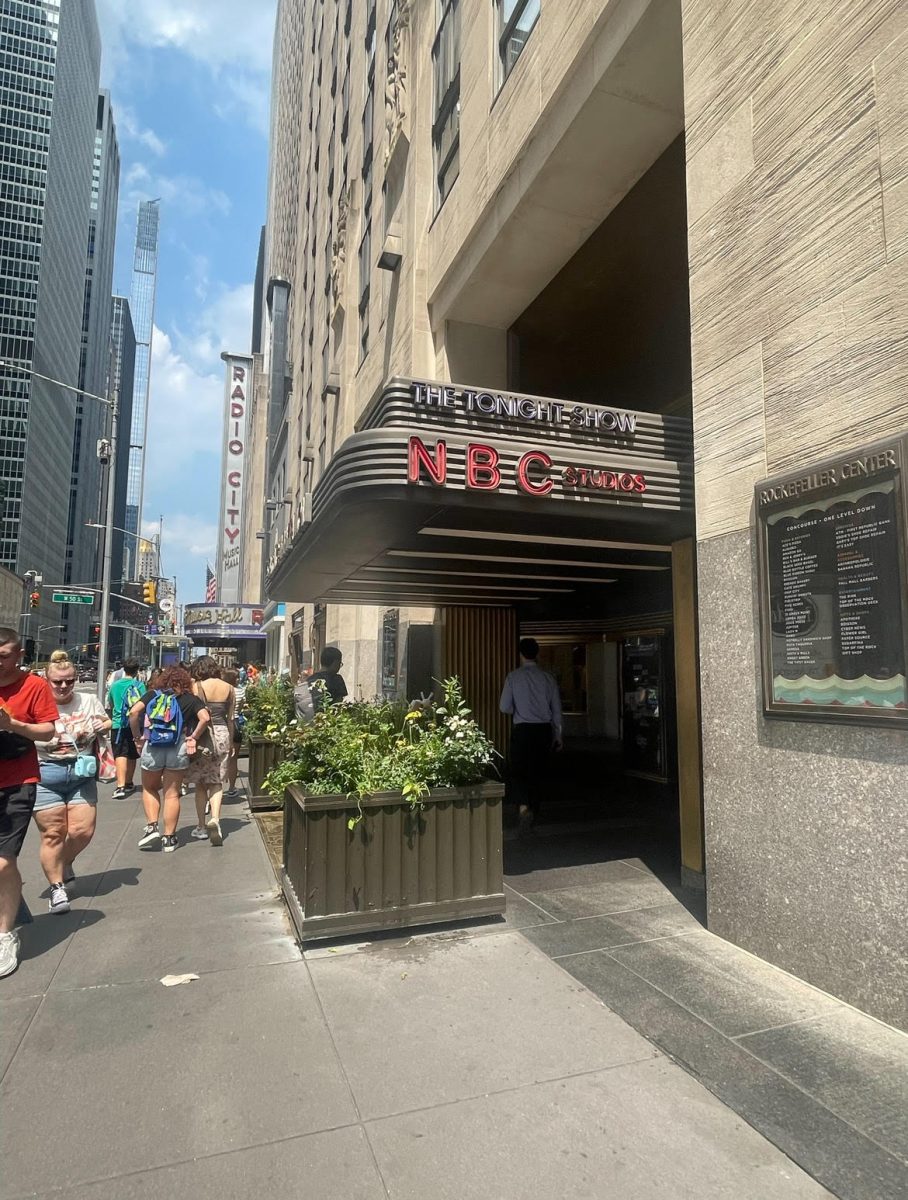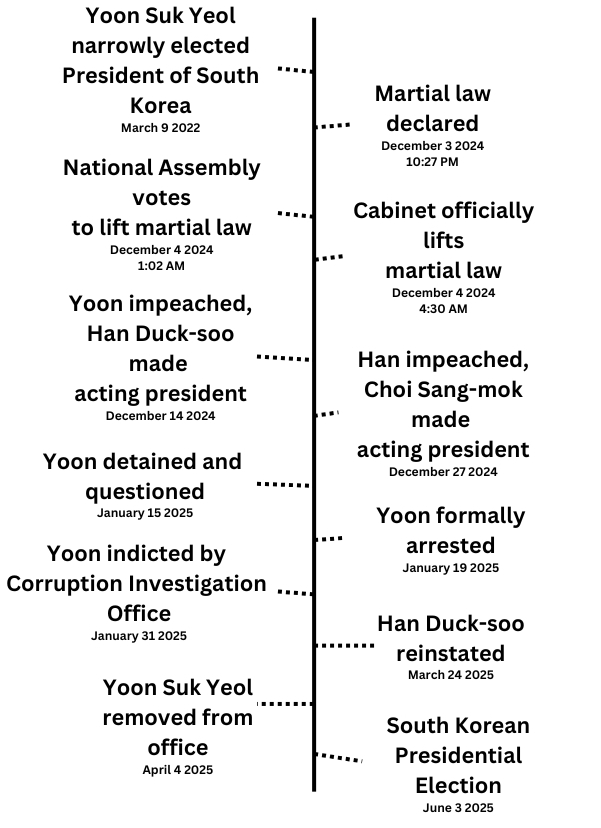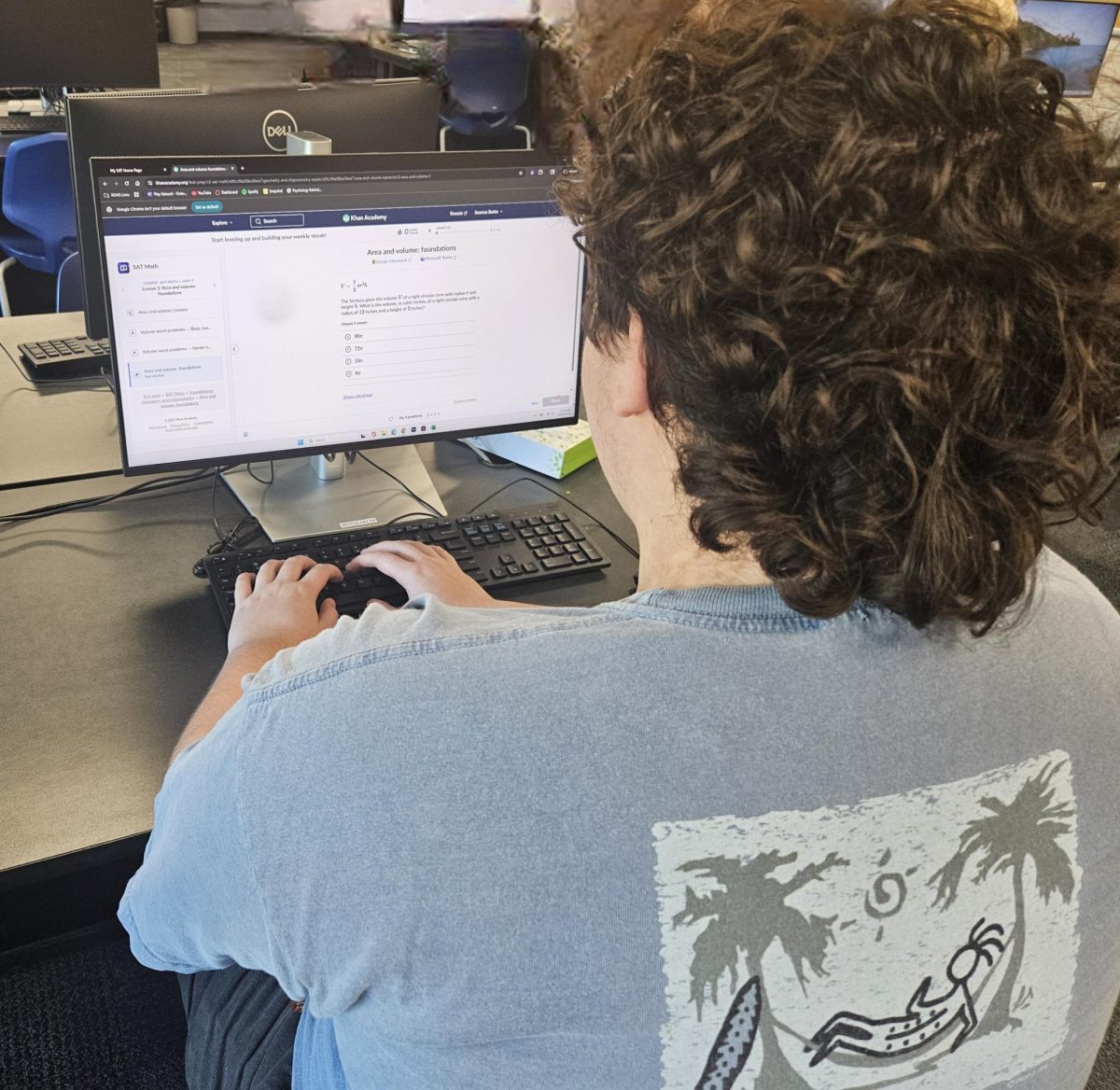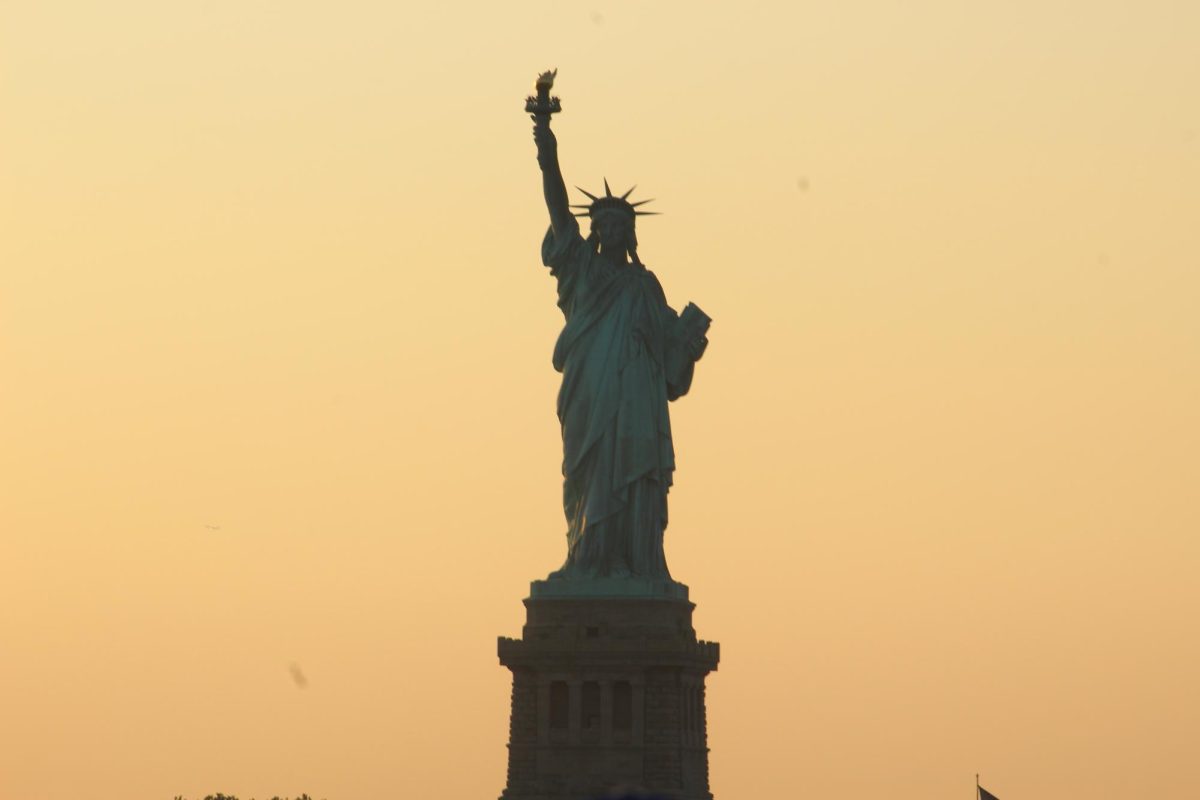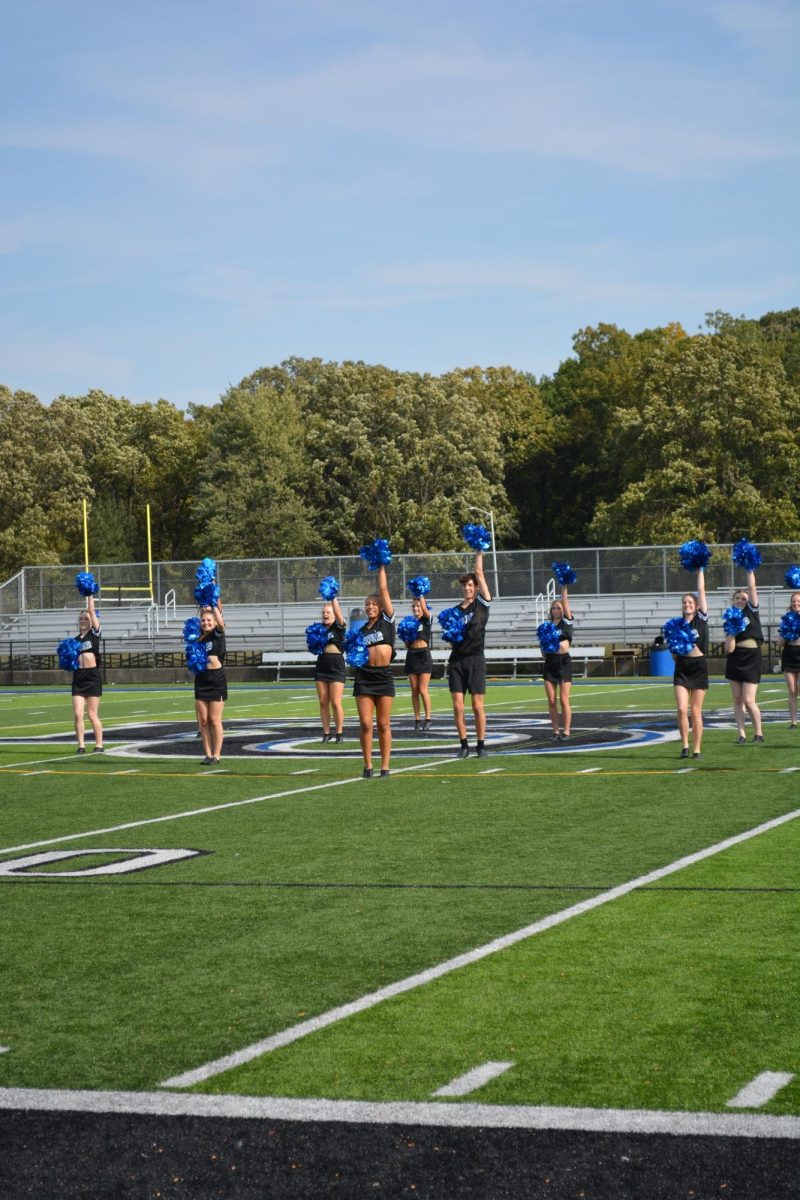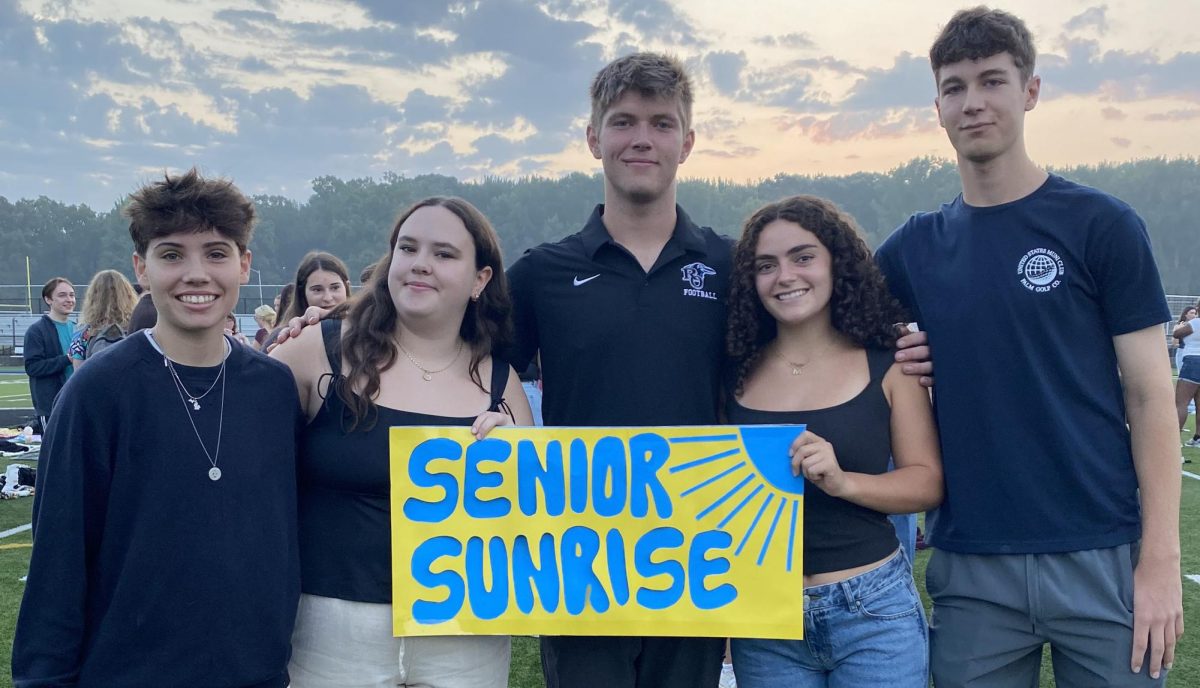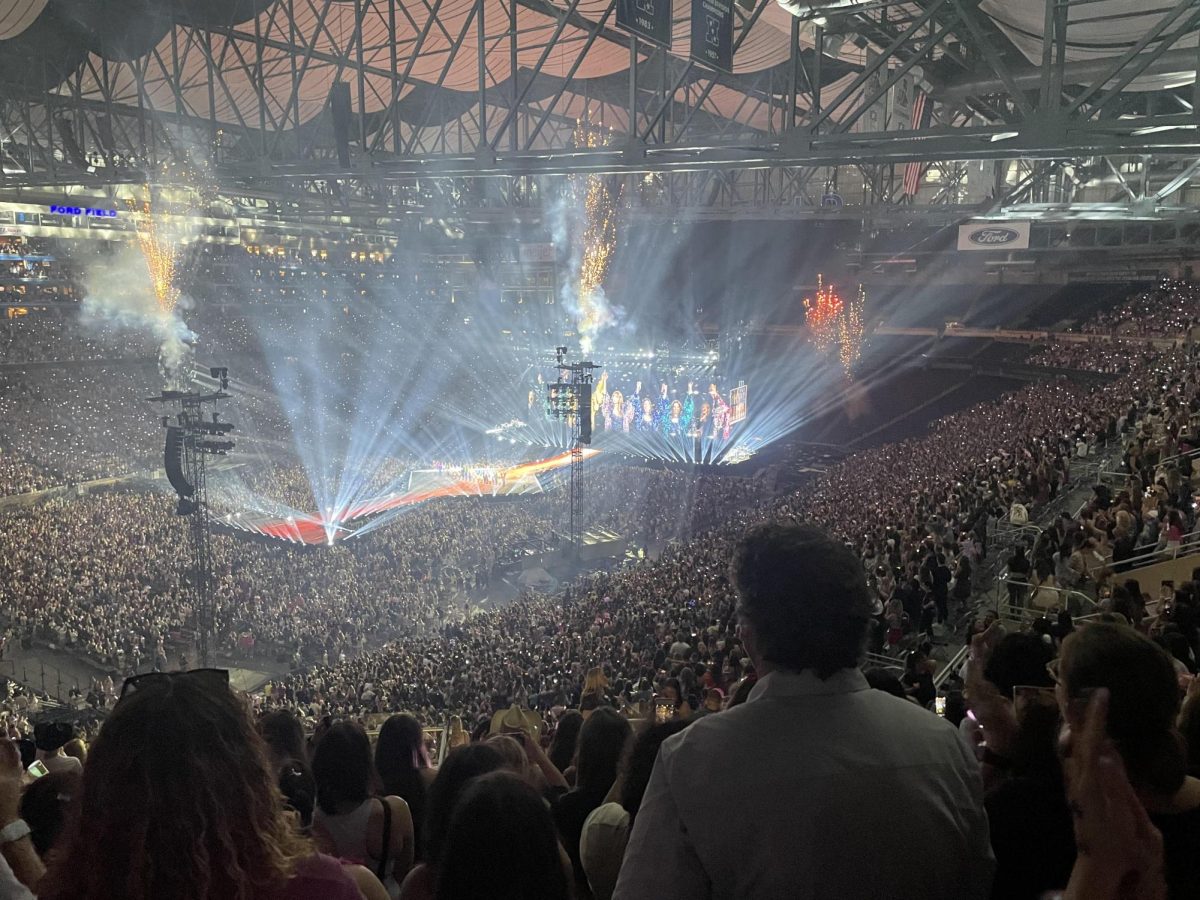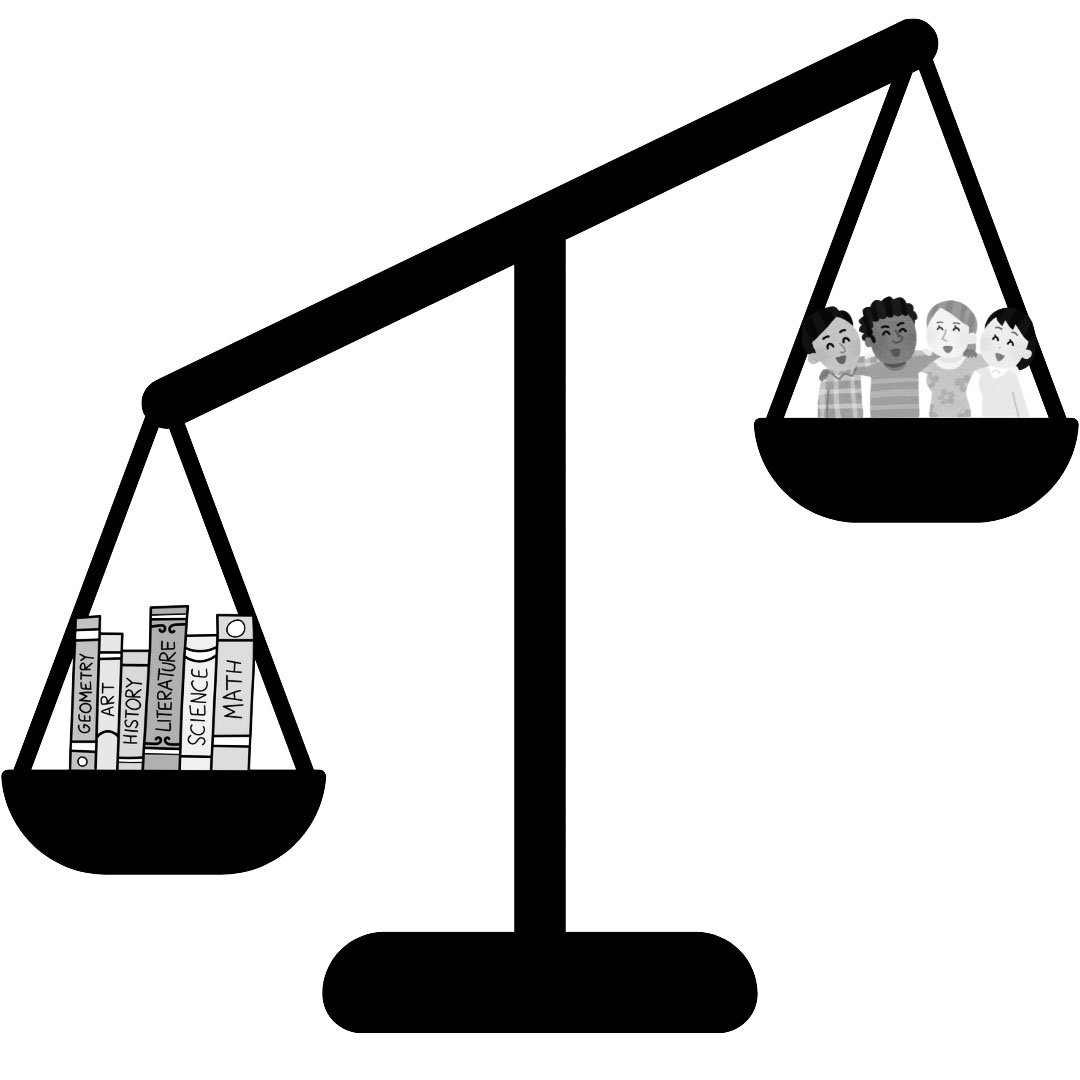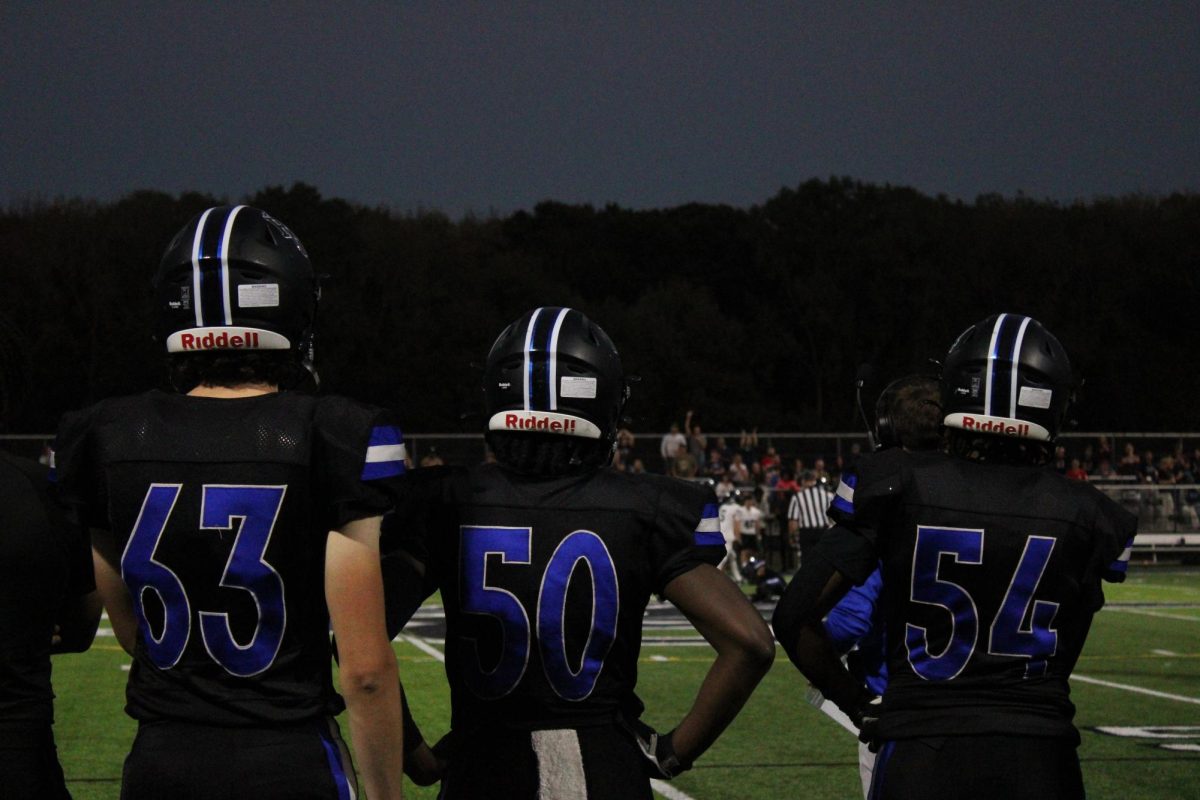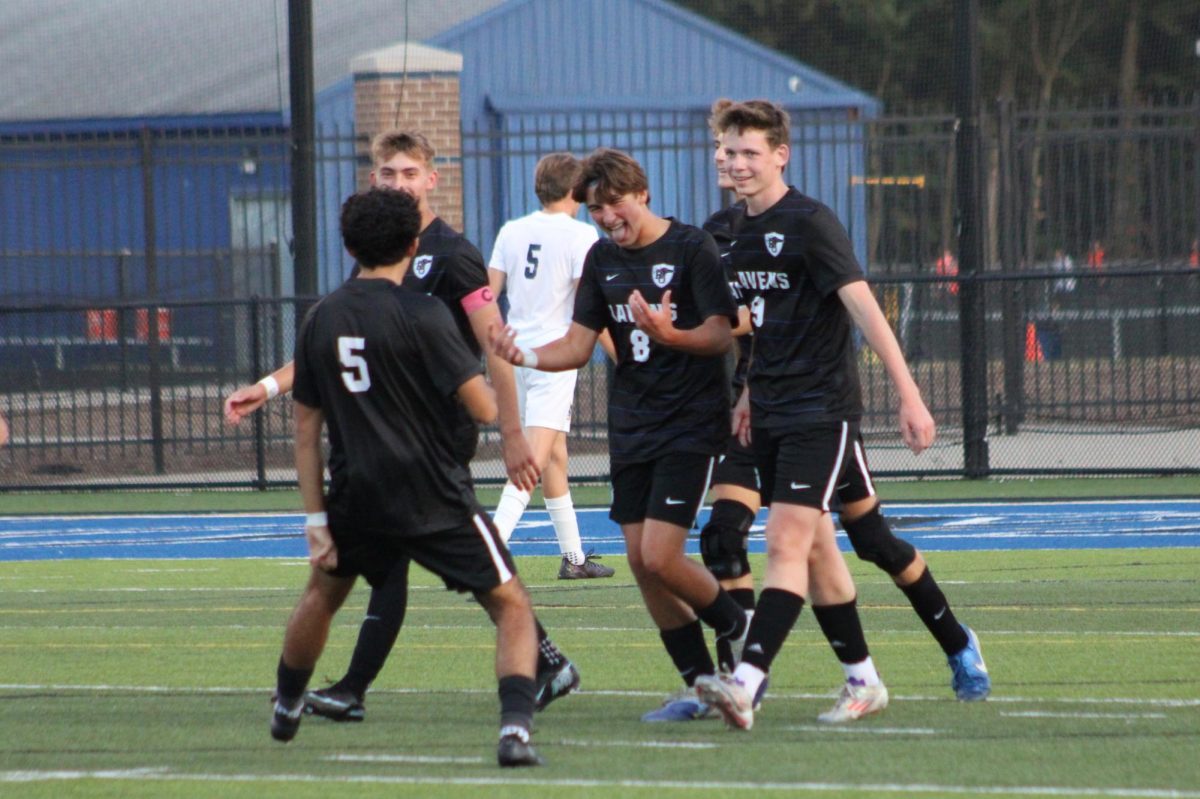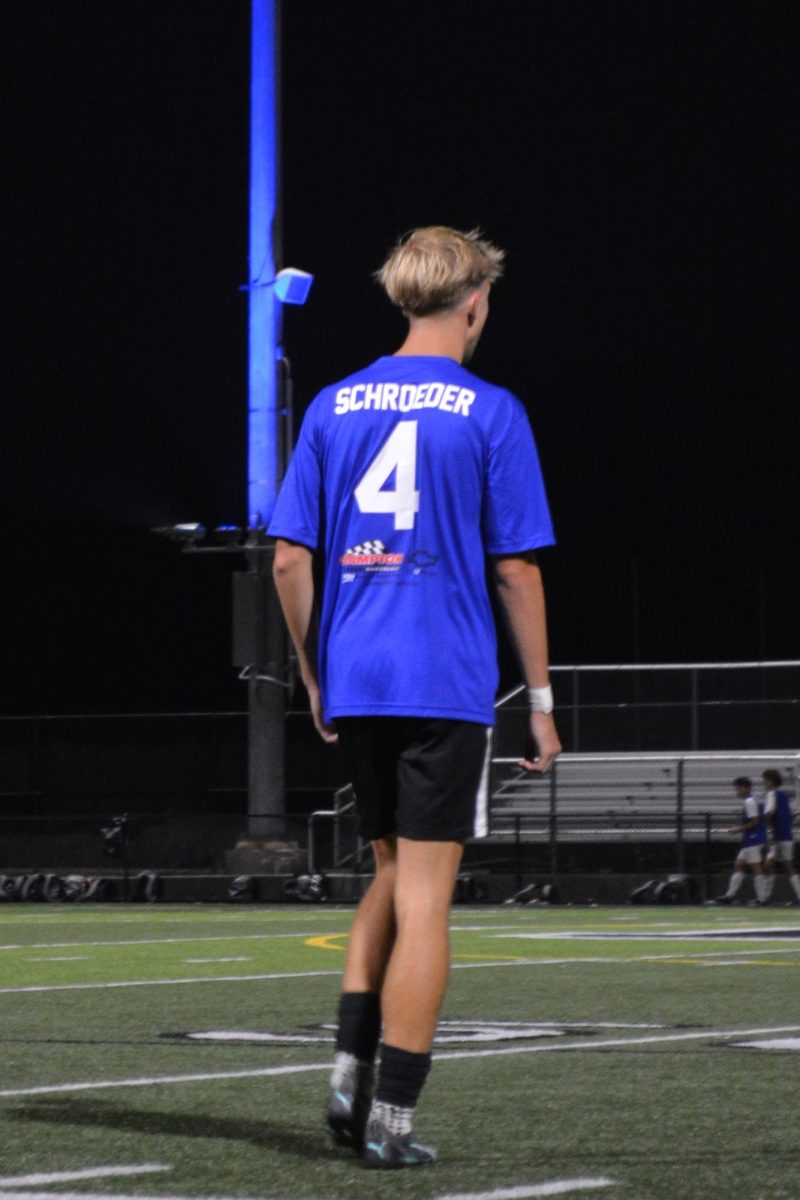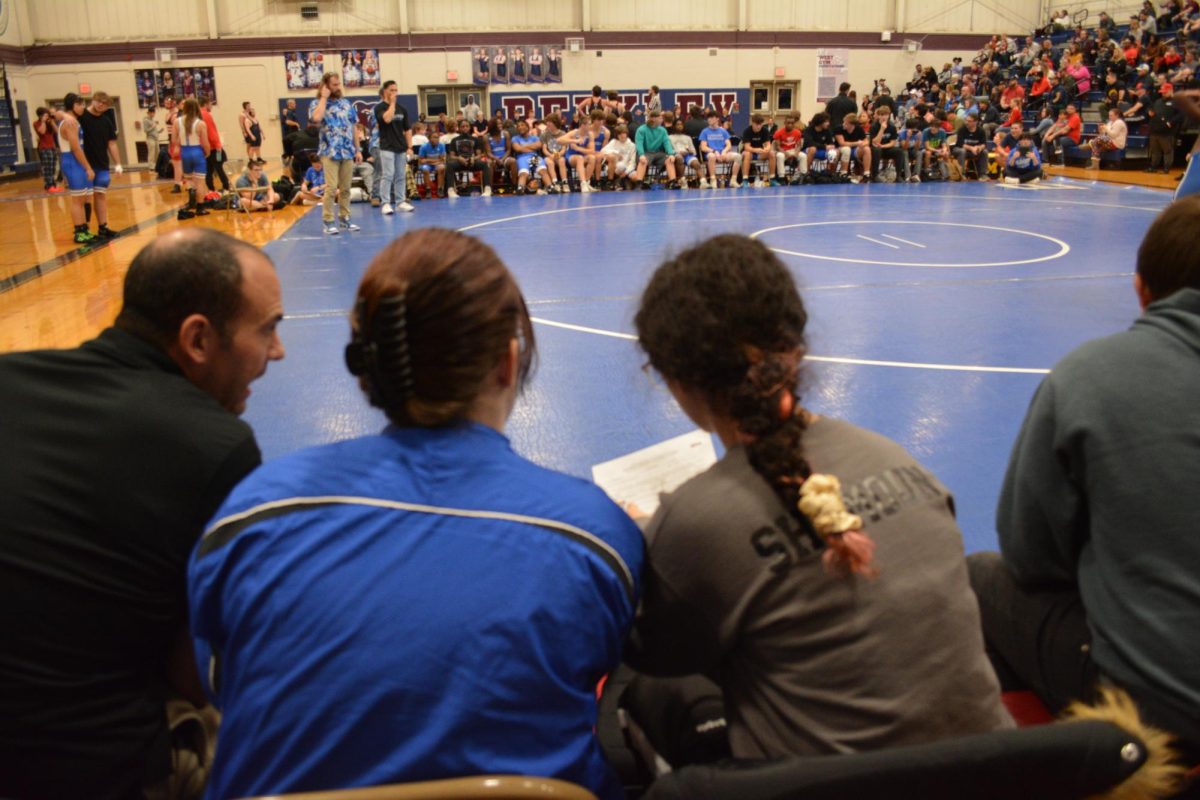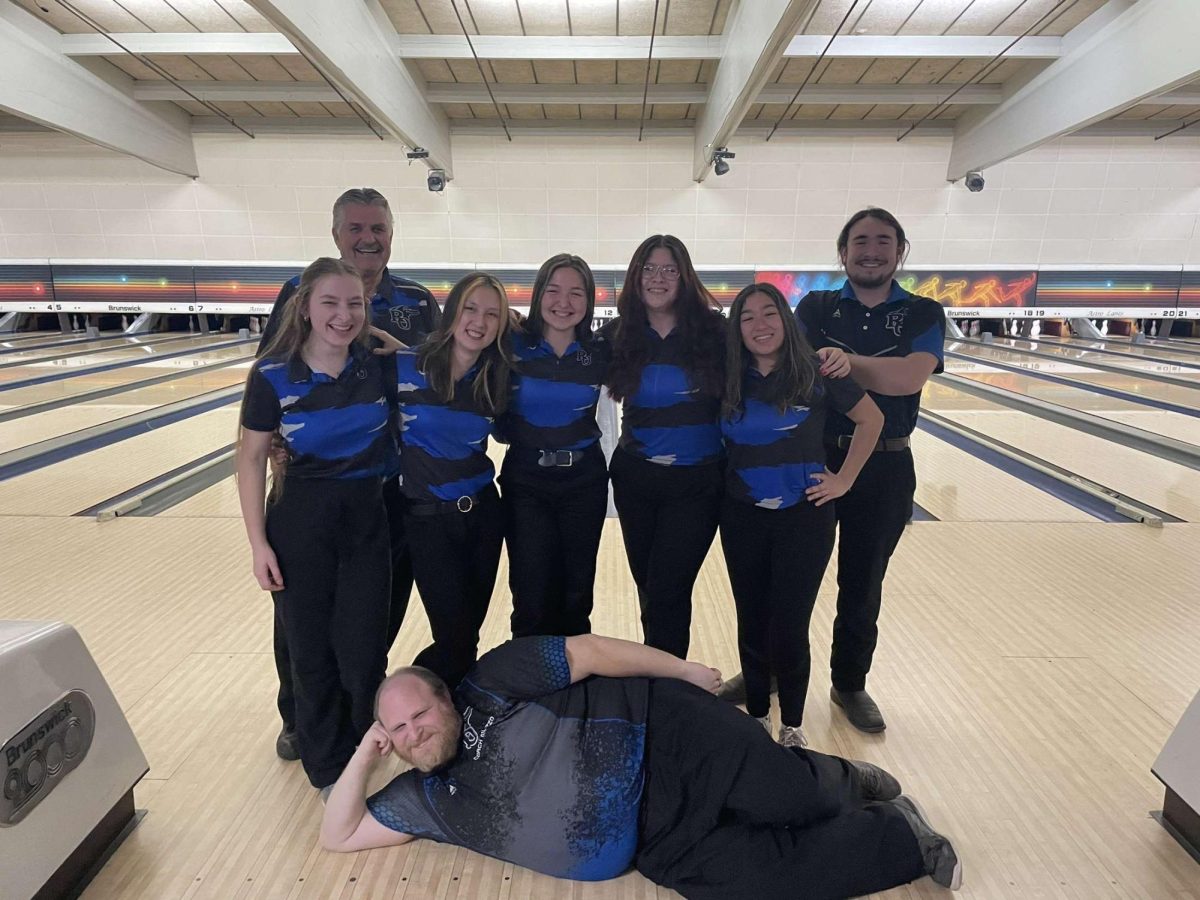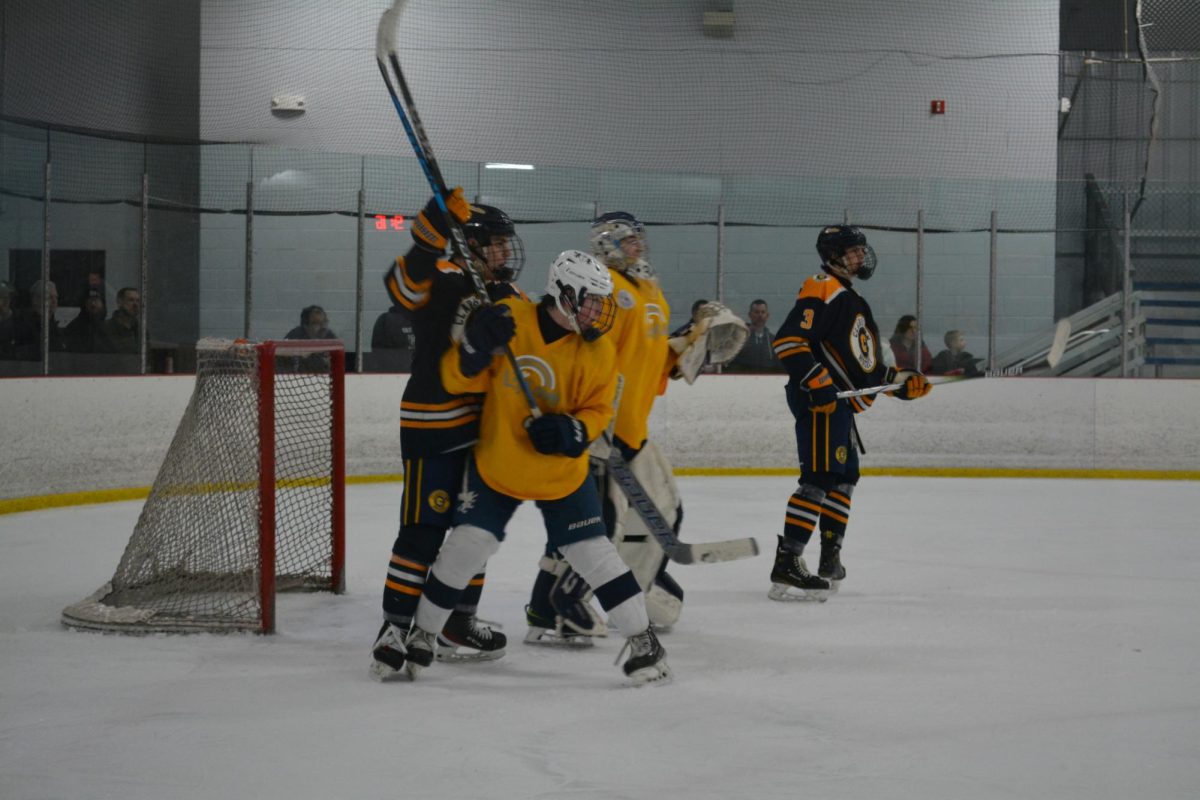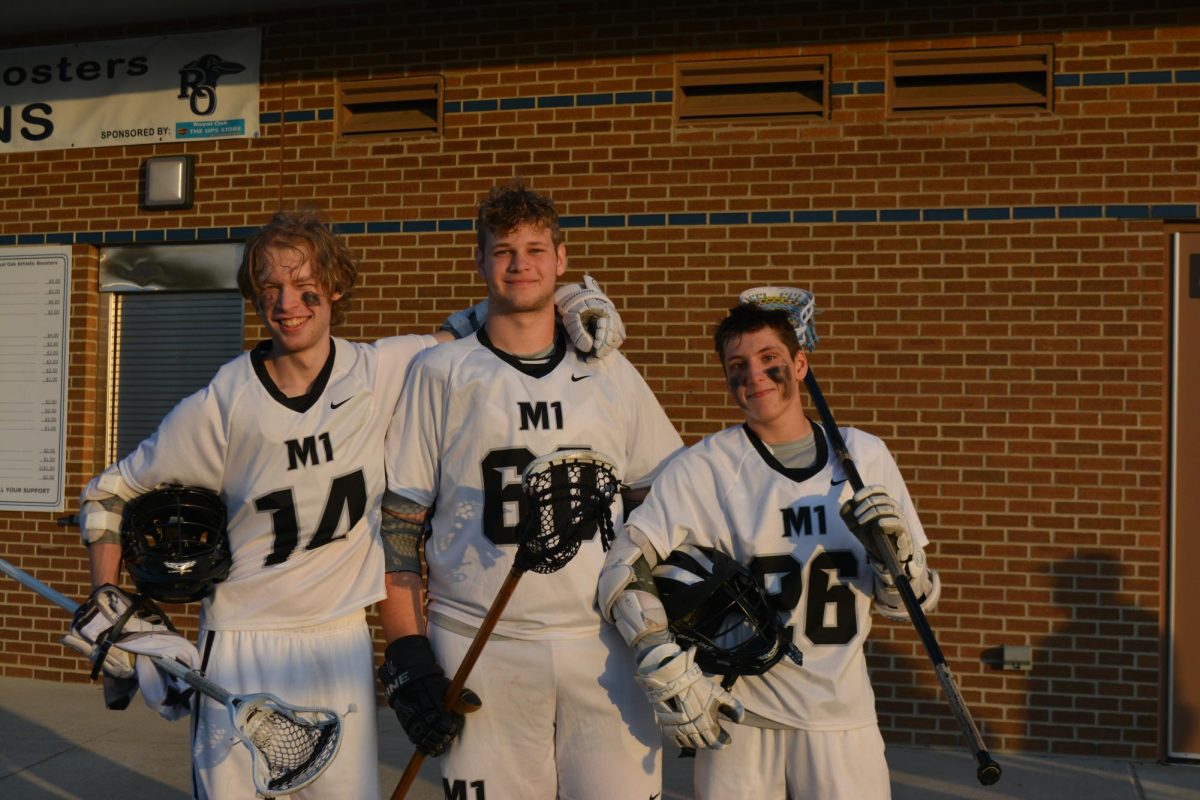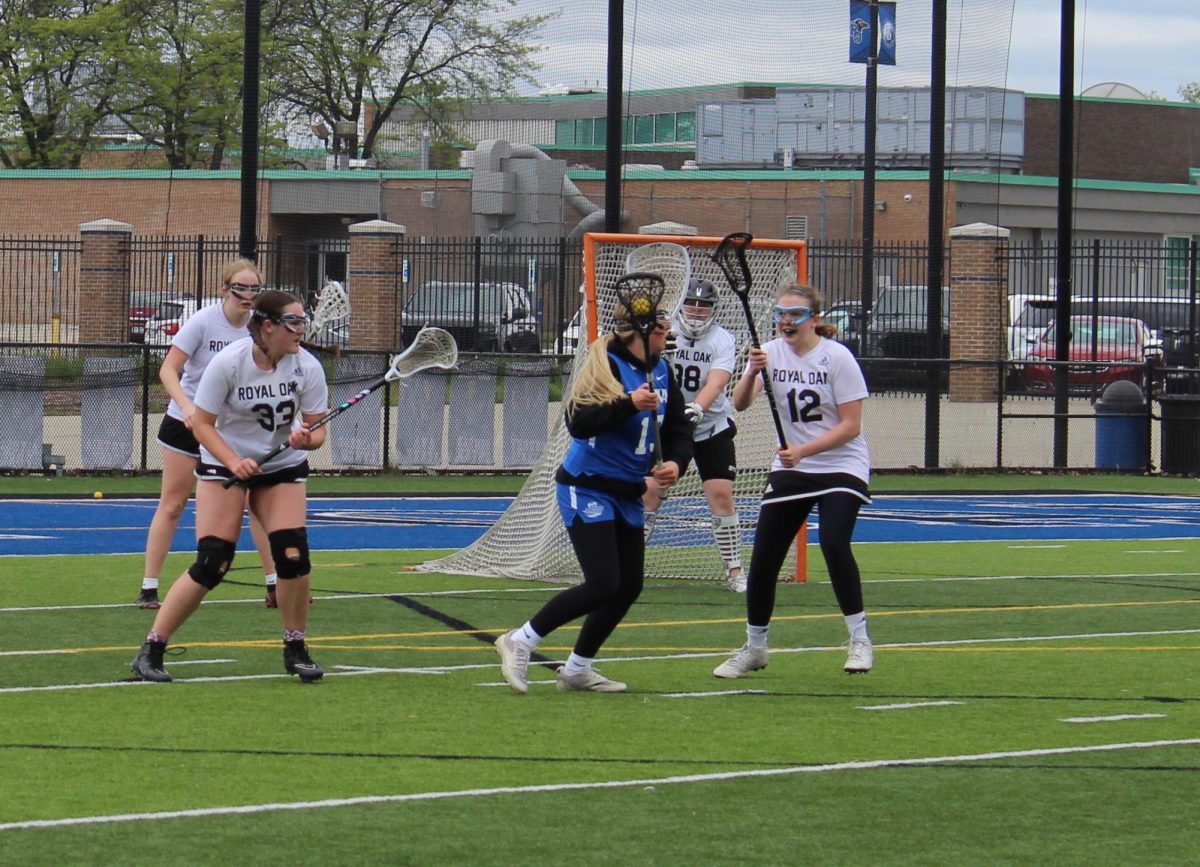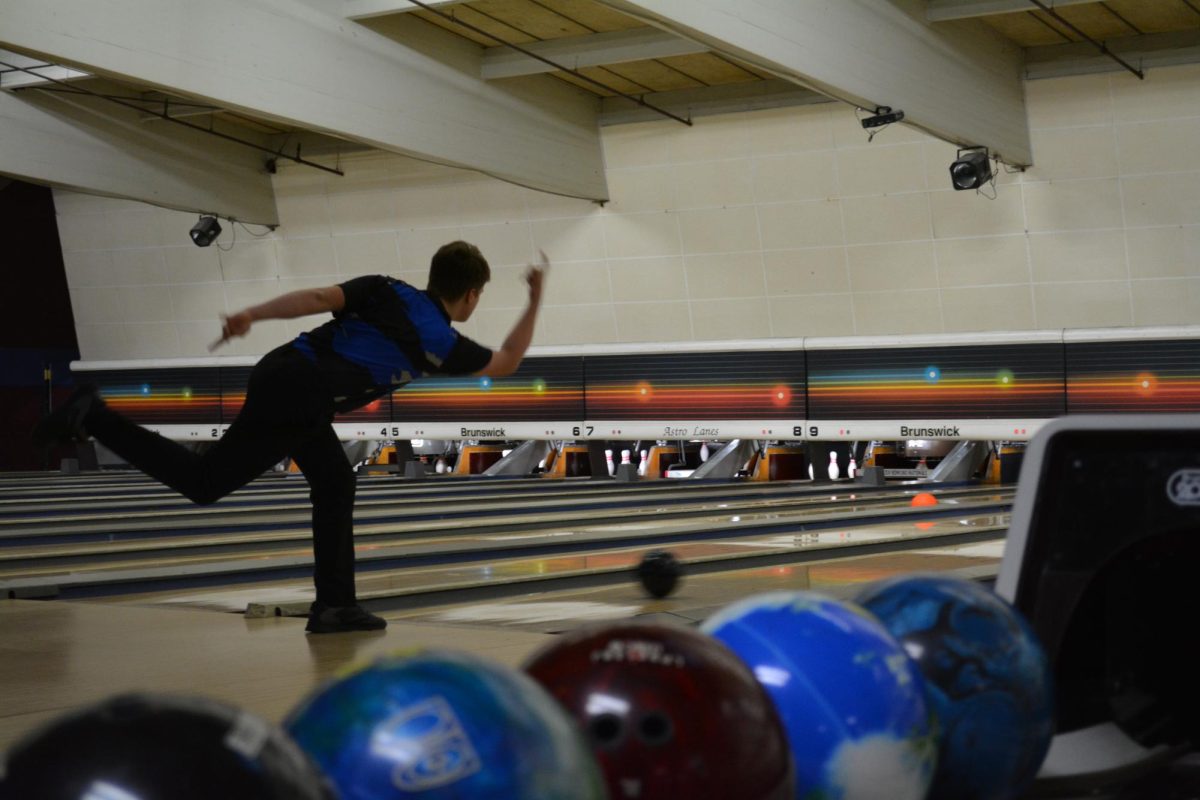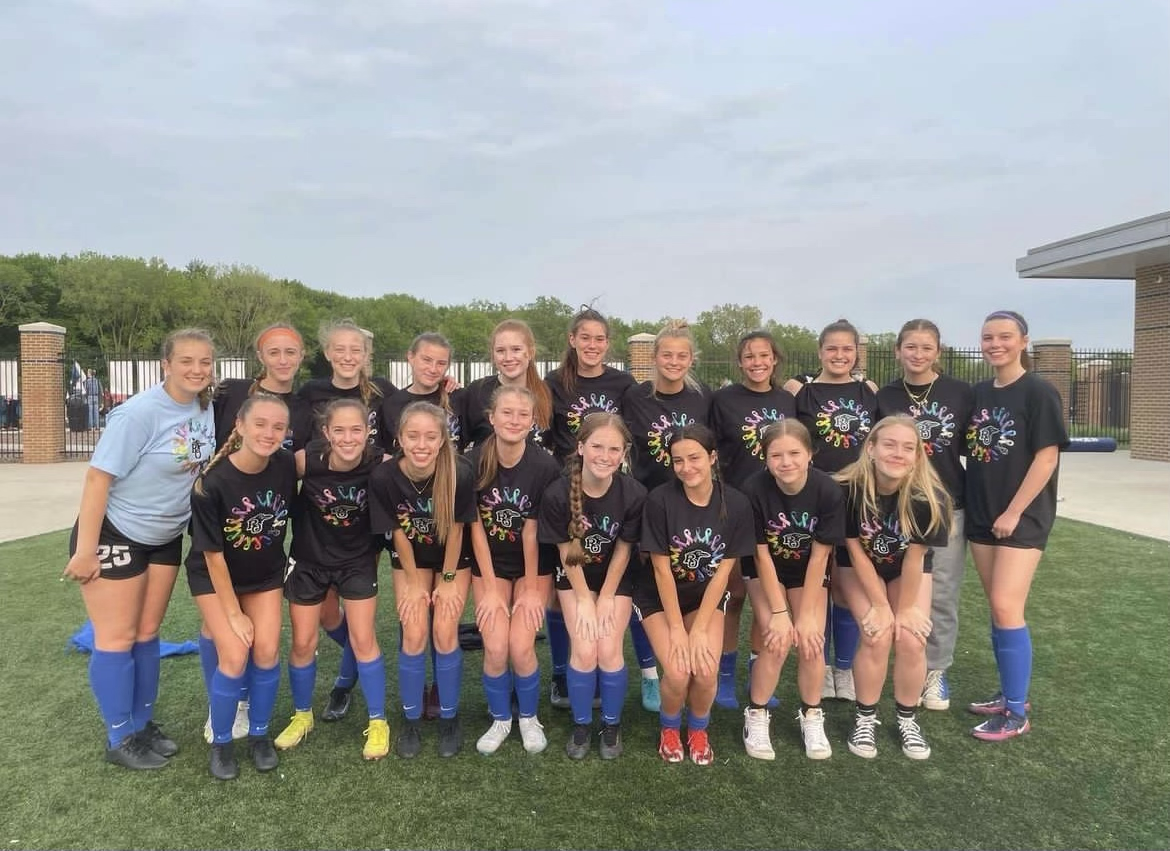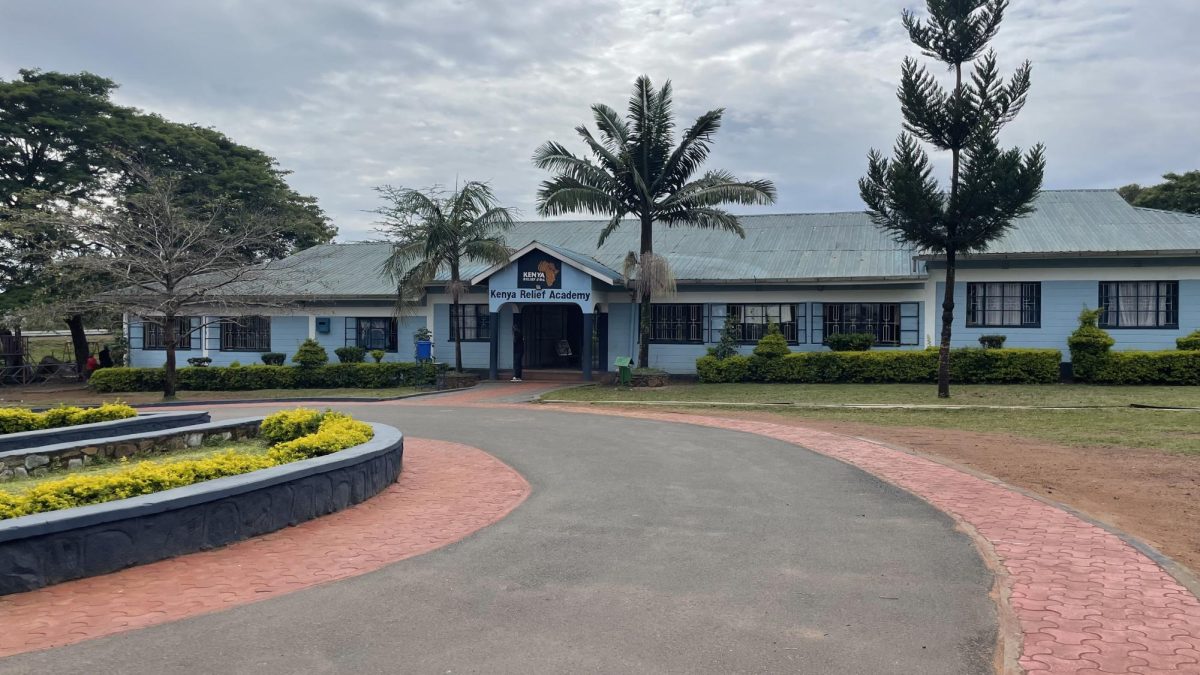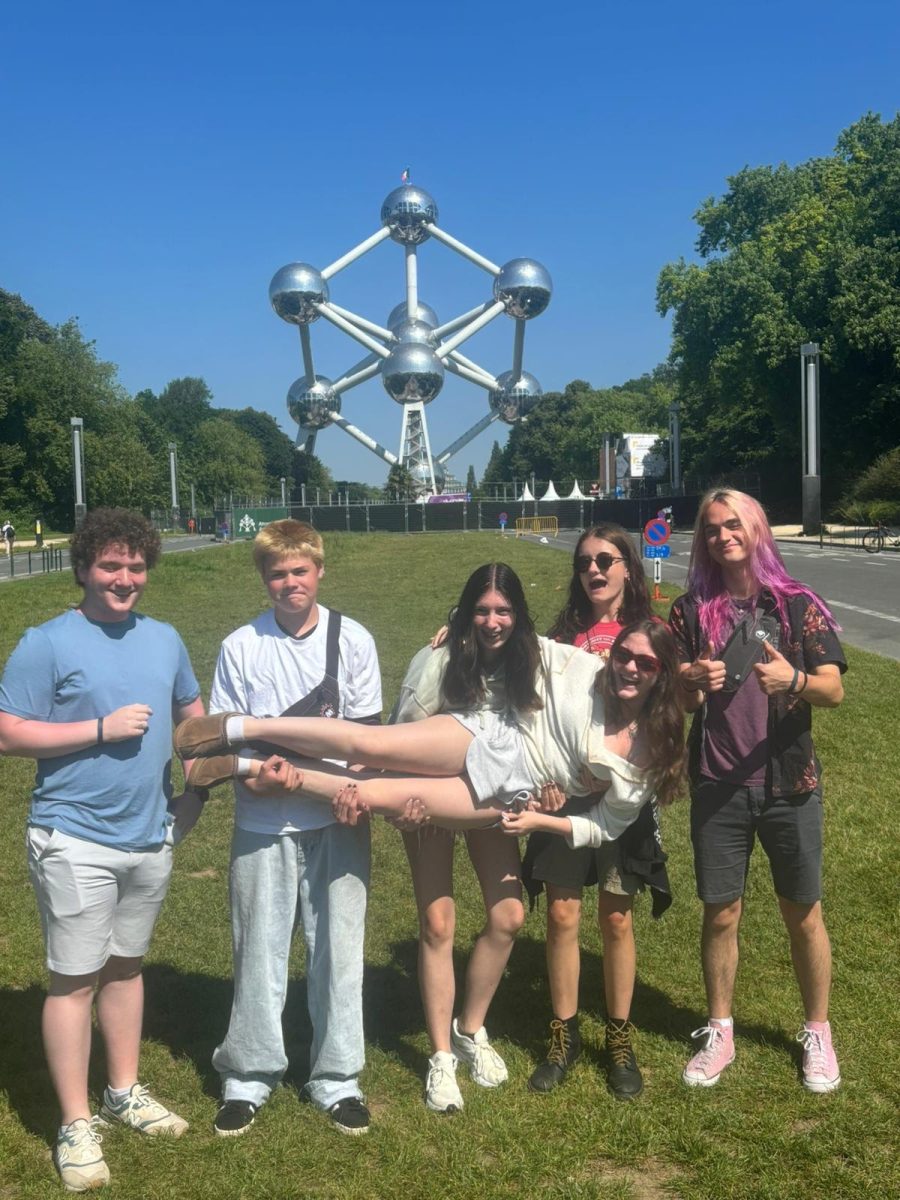I’m always asked what I’m grateful for on Thanksgiving, but I had a different response this past year. For two weeks in November, I traveled to Kenya on a Medical Mission Trip sponsored by Kenyarelief.org, which my family has been doing work with since 2013. My mom is a nurse anesthetist and a team leader of the organization. She has been to Kenya ten times. Whenever there is an issue in the operating room, my mom handles it. She also organizes room assignments and helps determine which patients are operated on. Last November, the team had five surgeons, three post-operative care nurses, three scrub techs, one circulating nurse, six nurse anesthetists (one being my mom), one nurse practitioner, one pediatric nurse, one ultrasound tech and two non medicals. My stepfather and I served as nonmedicals, and ran supplies/patients to and from the ORs. My family also sponsors five kids in Kenya: Veronica, Alphonce, Vidia, Scanton and Shinny. 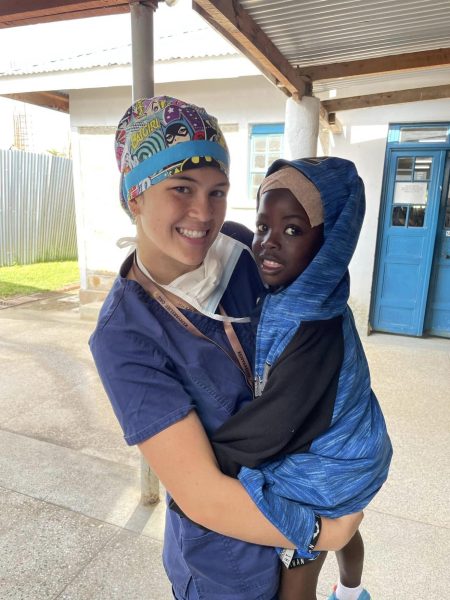
We stayed in the Kenya Relief campus, located in rural Migori, Kenya, which is very poverty-stricken. Kenya Relief created Britney’s Home of Grace, an orphanage that houses 100 orphans, as well as Kenya Relief Academy and the Brase Clinic. Kenya Relief Academy is ranked in the top ten schools in Kenya, and takes not only the orphans, but students from around the county. The school has over 800 students, including its boarding school, which accommodates students in grade 7-8, while kids 1-6 go to grade school. Kenyan high schools are government-controlled, meaning that every student has to take the same test, which places them into a school. Gaining admission to the top high schools is the only way a child can become educated enough to have a chance at a career more in keeping with what they want to do. Many of the lower end schools are dangerous and can’t educate students well enough to succeed in fields like education, medicine or law. Doing poorly on the test will most likely place a child on a path of work in agriculture or gold mining. Think blue collar vs white collar, but maximized because Kenya is a less developed country. The opportunities we have in the United States with guaranteed education and government intervention make it possible for us to be/do whatever we want and be successful. If my future was based on a test I took in eighth grade, I can say, at least for myself, that the result would be less than optimal.
The orphans in Brittney’s Home of Grace come from a lot of backgrounds. Shinny, the girl I sponsor, was placed in Kenya Relief after her parents were killed by cattle rustlers in front of their four kids. A neighborhood woman took them in, but couldn’t keep the four of them fed. Shinny’s story is unfortunately more common than expected. Veronica, who we’ve been sponsoring since I was seven, was given up after her mother could no longer care for her. Veronica’s mother couldn’t use her legs, and had to drag herself around on her hands. Veronica’s father wasn’t in the picture. Two other children, Vidia and her sister, were found wandering around the streets dazed and confused, still in their funeral dresses from their mother’s funeral that took place a week before. Their father had HIV+ and was unable to care for them. Alphonce’s parents disappeared without a trace and his grandmother took care of him and his siblings. However, his grandma was a widow, sick, jobless, and unable to provide meals for them. These are just a few stories among the thousands of children in Kenya. 
While I was in Kenya, they actually brought in a new child. His name was Ramsey, and he had been found wandering the streets. His mother dropped him off at their church when he was a newborn and a lady from the church took Ramsey in. However, she would consistently abuse him, and he was covered in lacerations and scars, up and down his body. He also had a huge abrasion at the top of his head, which required surgery in order to clean and close the wound.
The strangest thing about all of these kids is that they are all the happiest kids I’ve ever seen. They barely have any belongings and don’t have stable home lives, but they’ll run up to you with pure joy. They want to share everything they have with you, and they’ll show you their most prized possessions.
Kenya faces a lot of challenges as a developing nation, and the country is very fragile politically. The rich are the ones who are powerful, and they only help each other. For example, rich landowners are taking farmland that had been passed down for generations. They show the families papers they printed after not actually buying the land. However, the people are so uneducated and illiterate that they allow these developers to take their family land because they don’t know any better. Another show of corruption is in the police. The police will pull cars over with no reasoning and the only way to get out of it is to pay them off. Otherwise, they take people to the police station and beat them senseless, until people pay them everything they can. If someone can’t pay, they get taken to the jail, which makes American prisons look like a Marriott. There are cramped conditions with no water, food, and the rooms aren’t insulated. Instead there are just bars and a roof. Conditions are dangerous and inhumane.
The problems also follow the hospitals. I visited the women and children’s local county hospital. In the maternity ward, there aren’t pillows, towels, blankets, or water. People don’t even have good access to water, so there’s no way to even clean off the newborn babies. The hospitals also are dirty, dark, and unimaginable to a citizen of a developed nation.
On our drive from Nairobi to Migori, we saw the gold mines where people work. There isn’t any regulation, so people mine for very little money. The mines are just holes in the ground, which are unstable and collapse often, so they continue digging with people being buried alive daily.
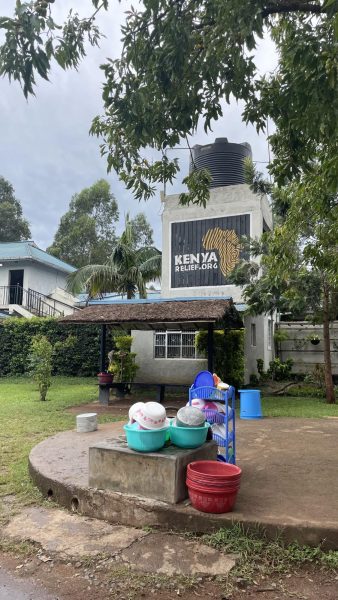
Situations like these are unimaginable in a developed country like the United States. While we face corruption, hundreds of people aren’t being killed without notice. If a mine collapsed and killed the workers, protests and actions would be taken. One thing I’ve come to appreciate after my trip is our ability to protest and make change. The people in Kenya face a lot more obstacles than we do, and injustices continue to happen with no punishment. Children end up homeless orphans on the street, and there isn’t a Child Protective Services organization to find them. Kenya is a world far away from our own, and being there made me so grateful to have been born where I was.
On the trip, I saw all scales of wealth. We had to fly into Nairobi, the capital of Kenya, which has both the richest and the poorest people in the country. While there, I actually felt as if I was in America. Nairobi was very tourist-friendly, as there were American/European companies on the billboards and in business there. There were even McDonald’s, which is why when people go to Kenya on vacation or on Safari, they don’t see the real Kenya, which is full of poverty, and they can turn a blind eye to the slums. However, once you get outside the city, it becomes a completely different experience. Suddenly, you are in a place where children don’t even have shoes and there are homes made of dirt. This difference brought to light the reasons why vacationing in a place is completely different from seeing the actual country. Everything on vacation is much more fluffed up and unrealistic, which is very hard to see, much less understand.
Despite all of this corruption, there is still a lot of hope for Kenya. Kenyarelief’s almost 20 years of missions have brought so much help to Migori. The orphanage has improved hundreds of children’s lives by providing a safe place for them to go to school, with meals daily. On the medical side, Kenyarelief’s teams have provided over 6,000 surgeries, which saves lives and brings hope to horrible situations. My trip there showed me how much need there is in the world and how it’s a much bigger place than we all think. The trip truly was a trip of a lifetime, and I’m so glad I went. I hope to go back in the future and help more people.

